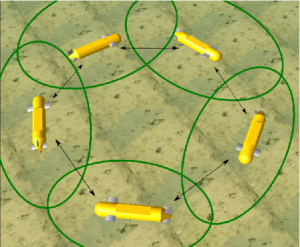Research
Privacy protection in distributed optimization and learning
Saddle point avoidance in nonconvex optimization and learning
Security and privacy in distributed cyber-physical systems
Trustfulness enhancement in distributed cyber-physical systems
Bio-inspired clock synchronization for wireless sensor networks
Cooperative control of multi-agent systems



